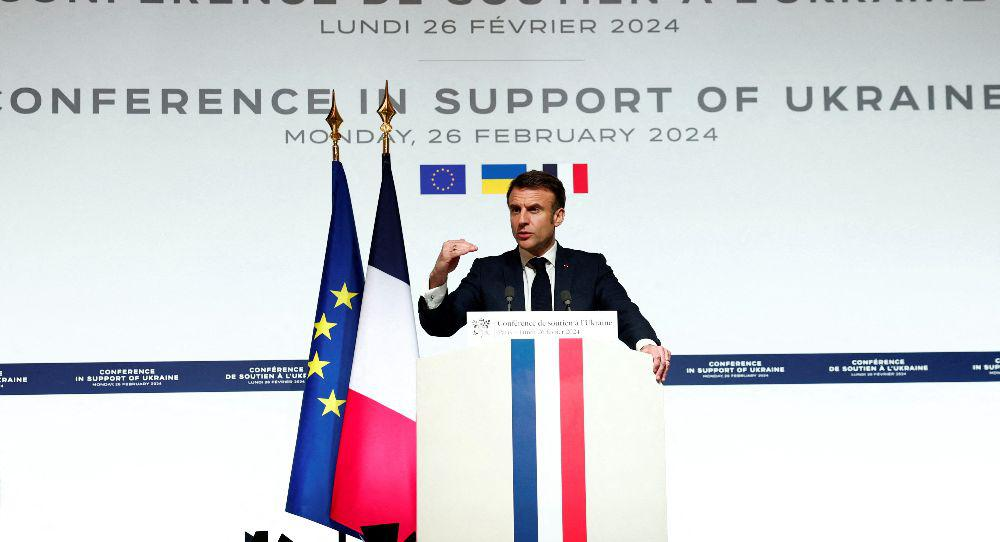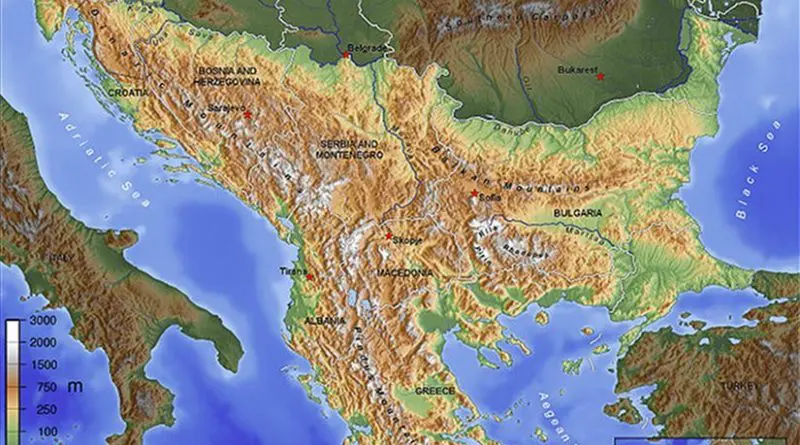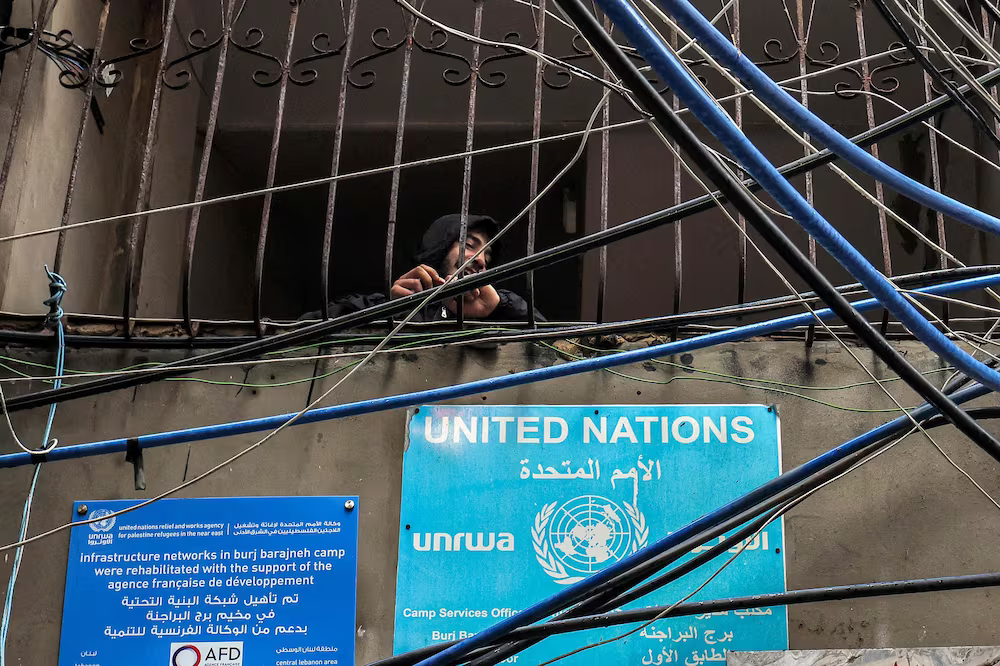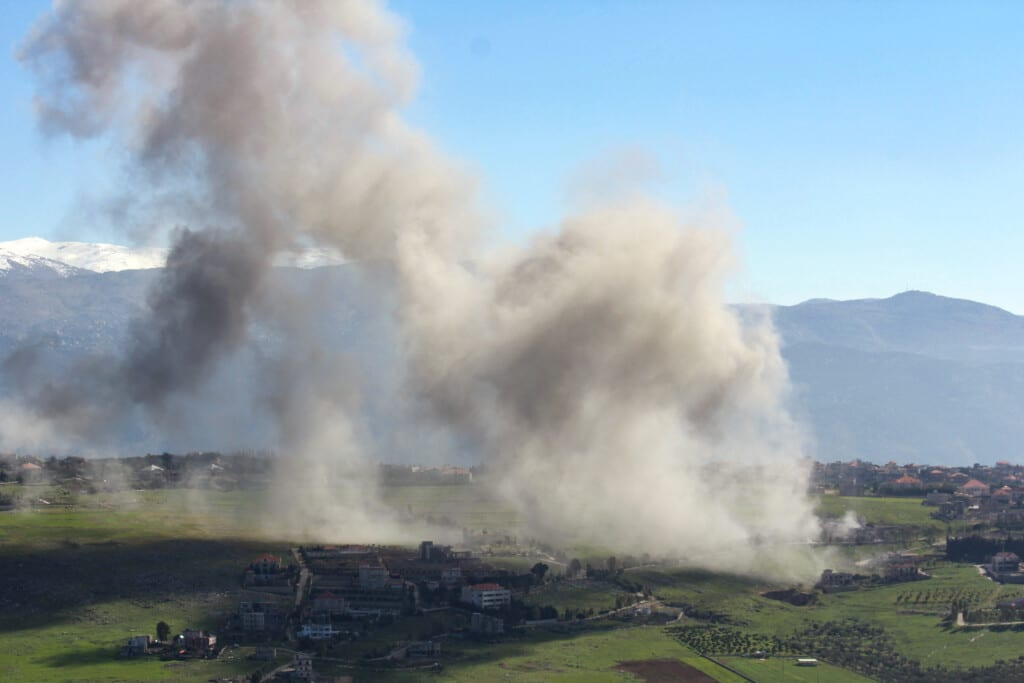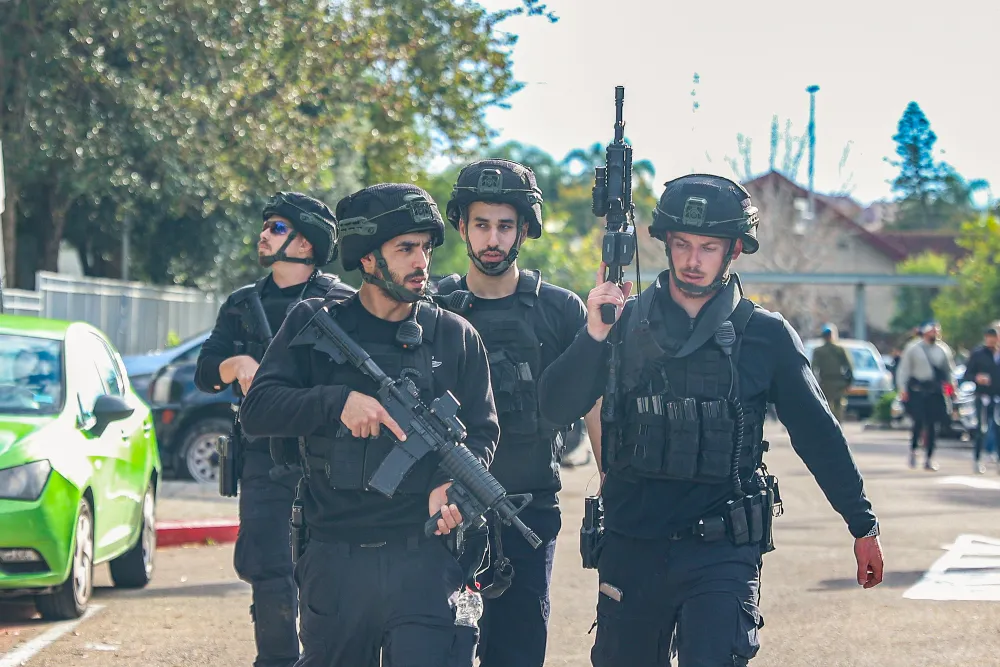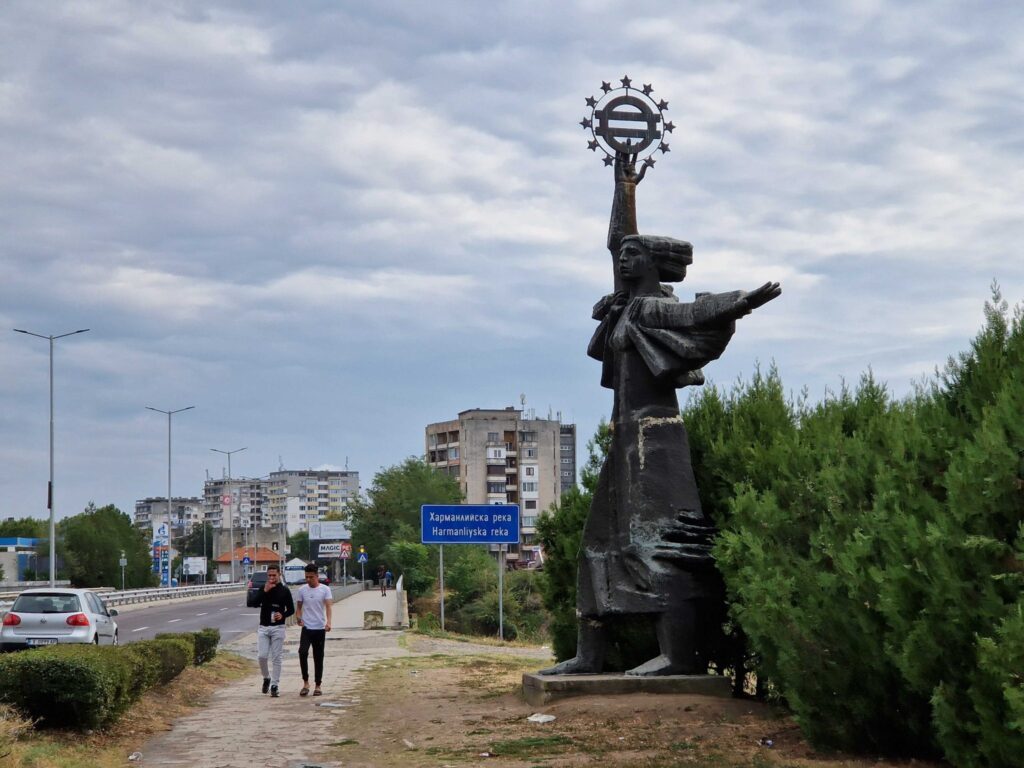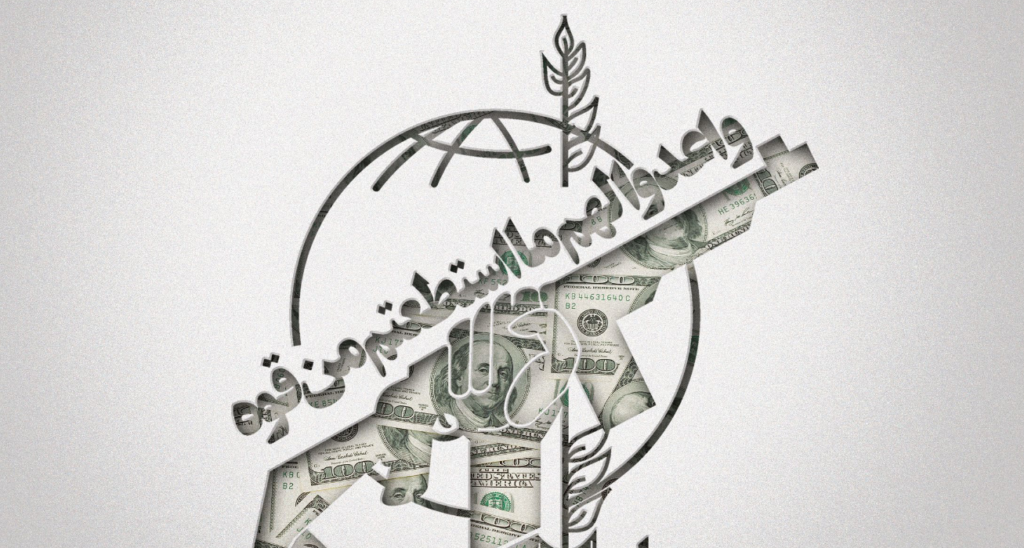Treasury Sanctions Network Financing Houthi Aggression and Instability in Yemen
WASHINGTON — Today, the U.S. Department of the Treasury’s Office of Foreign Assets Control (OFAC) is designating members of a smuggling network that helps fund Iran’s Islamic Revolutionary Guard Corps-Qods Force (IRGC-QF) and the Houthis in Yemen. Led by Iran-based Houthi financier Sa’id al-Jamal, this network generates tens of millions of dollars in revenue from the sale of commodities, like Iranian petroleum, a significant portion of which is then directed through a complex network of intermediaries and exchange houses in multiple countries to the Houthis in Yemen.

